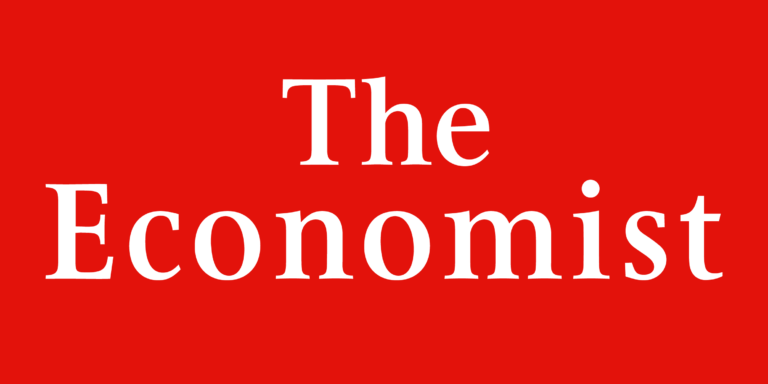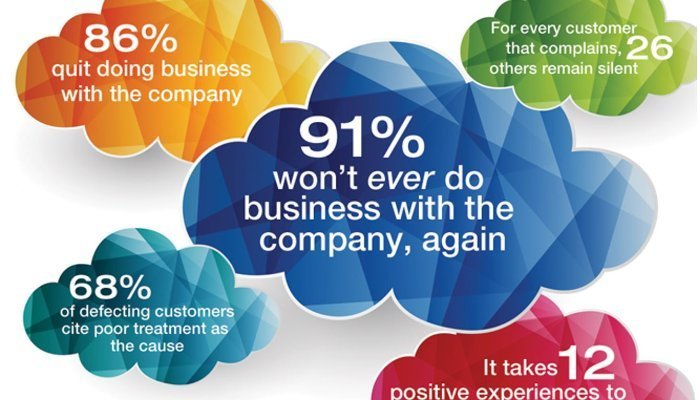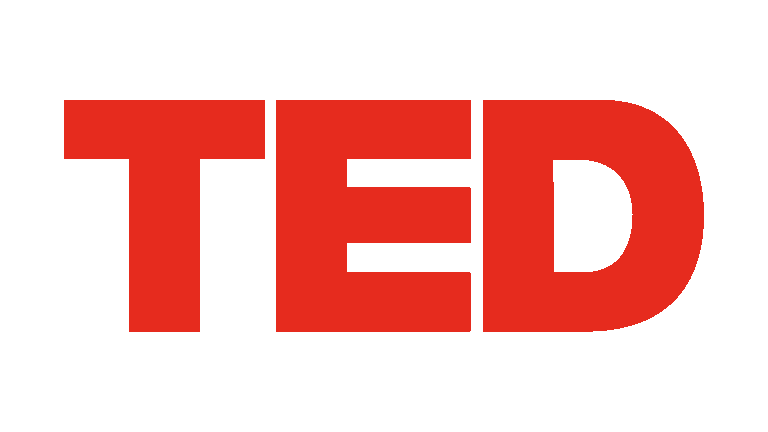Managing Lunch Costs to Save for Trip to Rome
The Big Idea: How can executives (or any of us, for that matter) use what we know about inventory management to make better choices about personal consumption — and improve our lives by working toward new goals with the money saved?
Brian and his wife, Tonya, plan to pack their lunch from home for a year to finance a dream vacation in Rome and improve their overall nutrition. They consider the cost of holding inventory (spoiled food, overflowing freezer) alongside the cost of obtaining it (gas money and time to go to the store) and the cost of not having it when it’s needed (no packed lunch, must make plans to buy.) They decide on their goals, their risk tolerance for lunch material stock-out and the review-and-reorder process that will keep them sufficiently supplied.
The Scenario: To start, Brian and Tonya categorize their reasons for buying lunch (convenience, taste/freshness, variety, business/networking) and evaluate realistic minimum requirements for lunches out. They set a target (four lunches packed a week) and aim to reduce convenience-driven restaurant visits. They also determine that taste, freshness and variety are significant behavioral drivers, and that they’ll have to be creative to find ways to keep appetizing food in the house: fresh bread, in-season veggies and sandwich fixings, as well as organic microwave lunches for those out-the-door mornings that can’t be avoided.
The couple explores alternative ways of maintaining their inventory of healthy, mouth-watering, long-shelf-life lunch fixings. They determine the amount of “safety stock” in lunch fixings that they think they’ll need. If they order too soon, they’ll have too much food to store and use before it loses its freshness — but if they order too late they’ll run out, and risk not making it to Rome.
Second, they decide on a review and reorder system. Continuous review systems require that the user monitor inventory at all times and reorder when the supply reaches a certain point (i.e., the desired level of safety stock.) At first, Brian thinks this option would work for refilling their stock of microwave lunches. Instead of their current customary habit of buying five or six at a time, and refilling the freezer when they’re out, he suggests that they double that to 10 or 12. When there are four left, this triggers a trip to the grocery store.
Ultimately, however, the Venutis choose a periodic review system — which means that they check their inventory of several “categories” of ingredients at fixed intervals (i.e., weekly or bi-weekly) and order only at that time. They identify the categories of fruit, vegetables, bread, sandwich fillings and condiments, and plan to rotate items in each category with a focus on in-season and sale items.
The Resolution: Brian and Tonya have a nighttime routine of packing the next day’s lunch together after dinner, which they’ve discovered has the added benefit of allowing them to effectively make use of their evening leftovers — and of course, they do so while chatting about their romantic getaway to Rome.
The Lesson: Inventory should be measured and managed with awareness and purpose. Our stockpiles of ingredients and finished goods, therefore, should serve a purpose relative to a set of commonly held values and goals. Then, our “stuff,” and the money and effort we expend in buying, storing and using it, can work for us and support our efforts to build toward whatever better future we imagine. The act of paying attention is limitless in its possibilities.
By Elliott Weiss and Rebecca Goldberg
 Rebecca Goldberg is a strategy consultant and management educator with over a decade of experience in producing world-class customized business education. She is a frequent contributor to custom executive education at the Darden School of Business, which has been ranked first or second for course design (globally) by Financial Times from 2003-2011. Her company, Goldberg Productions, Inc. (VA SWaM certified, pending DBE, 8(a)) helps organizations transform and perform with education.
Rebecca Goldberg is a strategy consultant and management educator with over a decade of experience in producing world-class customized business education. She is a frequent contributor to custom executive education at the Darden School of Business, which has been ranked first or second for course design (globally) by Financial Times from 2003-2011. Her company, Goldberg Productions, Inc. (VA SWaM certified, pending DBE, 8(a)) helps organizations transform and perform with education.
She holds a 2003 MBA from the Darden School of Business, a BA from Tufts University in American Studies and a BFA from the School of the Museum of Fine Arts, Boston.
Ethyl Corporation Professor of Business Administration Elliott N. Weiss is the course head  of the Operations Management area at the Darden School of Business at the University of Virginia. He is the author of numerous articles in the area of production management and operations research and has extensive consulting experience for both manufacturing and service companies in the areas of production scheduling, workflow management, logistics, lean conversions and total productive maintenance. Before coming to Darden in 1987, Weiss was on the faculty of the Johnson Graduate School of Management at Cornell University. He has held visiting appointments at the Graduate School of Management at the University of Melbourne, Australia and the Wharton School of the University of Pennsylvania.
of the Operations Management area at the Darden School of Business at the University of Virginia. He is the author of numerous articles in the area of production management and operations research and has extensive consulting experience for both manufacturing and service companies in the areas of production scheduling, workflow management, logistics, lean conversions and total productive maintenance. Before coming to Darden in 1987, Weiss was on the faculty of the Johnson Graduate School of Management at Cornell University. He has held visiting appointments at the Graduate School of Management at the University of Melbourne, Australia and the Wharton School of the University of Pennsylvania.
Goldberg and Weiss have co-authored the book Living Lean: How to Save Money and Make Time for the Fun Stuff that is currently available per vignette from Darden Business Publishing; they are looking for an additional publishing venue. The book uses personal, everyday examples of business concepts in order to make them understandable, including Lean, standard work, 5S, inventory management, equipment maintenance, optimal batch size, throughput rate and cycle time. Stories from the book have recently been featured in the Sunday Washington Post, most recently on August 5, 2012; they have been invited to attend a Joint Chiefs of Staff luncheon on October 2 of this year to present ideas from the book.
Contact at rebecca@goldbergproductions.net







